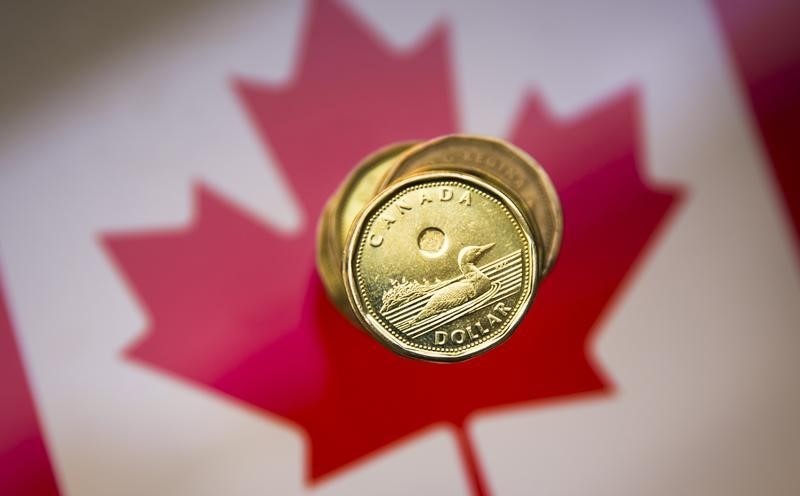(New with remarks from speech; previous dateline TORONTO)
By Randall Palmer and David Ljunggren
OTTAWA, Jan 7 (Reuters) - Weakness in the Canadian dollar is
the most important factor in helping Canada adjust to low
commodity prices, Bank of Canada Governor Stephen Poloz said in
a speech on Thursday, pledging to steer monetary policy
independently of the U.S. Federal Reserve.
He made his remarks in a speech in which he welcomed last
month's Fed rate hike as a sign of U.S. recovery and said
divergence of monetary policy globally should be expected.
The Canadian dollar is trading at 12-year lows, pulled down
by a prolonged slump in commodity prices that Poloz said
represented a very complex shock for policy makers.
"The most important facilitator of adjustment in these
circumstances is a flexible exchange rate ... the depreciation
of our currency is a natural part of the process," he said in
the prepared text of a speech.
"It is not a coincidence that the Canadian dollar is about
where it was back in 2003 and 2004; oil prices are also about
where they were back then."
Poloz repeated past language about how the decline in oil
and commodity prices was "unambiguously bad" for Canada but gave
few hints about the bank's view of the economy ahead of the Jan.
20 Monetary Policy Report. On Dec. 18 he had told Reuters he was
cautiously optimistic of about the Canadian recovery.
"The Bank of Canada will continue to run an independent
monetary policy, anchored by our inflation target, and we will
use our tools to manage risks along the way," he said.
Poloz devoted about half his speech to the Canadian dollar
and its effect on the economy and inflation. He said that if the
Bank of Canada raised interest rates to prevent a currency
depreciation in response to low commodity prices, the process of
adjustment "would be made slower and more painful."
Before the release of his speech, the market had implied a
probability of less than 25 percent of a January rate cut, but
the likelihood of a rate cut by mid-year exceeded 80 percent.
BOCWATCH
Poloz told Reuters on Dec. 18 that the trend in growth was
likely "quieter" than the rebound in the third quarter
suggested.
Indeed, the central bank's 1.5 percent projection for fourth
quarter growth may prove too optimistic.
The central bank stuck its neck out with an unexpected
interest rate cut in January 2015 in response to the oil price
crash and cut rates again in July.
